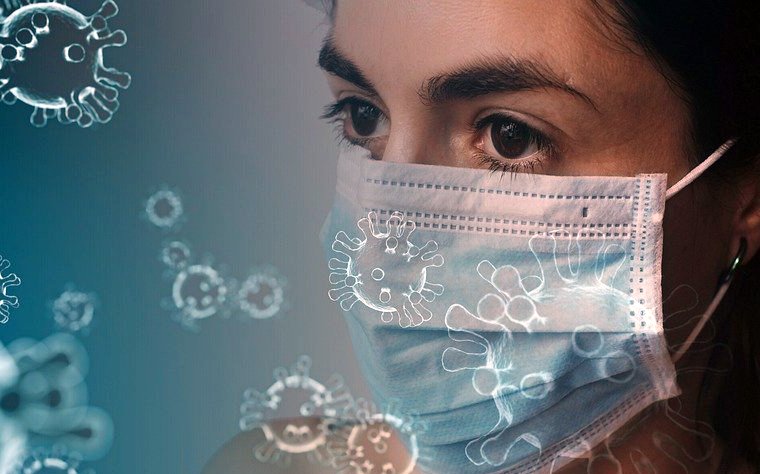
Ever wonder how really effective is that facemask you are wearing? It turns out that surgical facemasks can effectively block expired particles even with the leakages from around the edges of the masks.
This finding was made by researchers at the University of California, Davis and the Icahn School of Medicine at Mount Sinai. The results were published in the journal Scientific Reports.
With the pandemic going on, most everyone is walking around wearing facemasks. Surgical facemasks and face coverings can reduce reduce the flow of airborne particles that are produced during breathing, talking, coughing or sneezing. These masks and coverings protect other people from viruses carried by those particles such as SARS-CoV2 and influenza. But how effective are they?
In the study, the researchers had volunteers sit in front of an instrument that counts airborne particles down to a size of half a micron. The volunteers were ask to read aloud or cough, with and without a mask on.
Facemasks Block Airborne Particles Effectively
They found out that wearing facemasks while talking reduced particles directly through the mask by an average of 93 percent, from the bottom by 91 percent, the sides by 85 percent and the top by 47 percent. When the volunteers coughed with and without masks, the results were similar.
Using computer simulations, the researchers calculated that wearing masks reduced the airborne particles by 70 percent when talking, and 90 percent while coughing. This efficiency rating also took into account the leakage around the edges of the mask.
These study results confirm that wearing masks can significantly reduce the probability of disease transmission through exhaled particles. This is especially true when the mask wearer is infected.
Now there is more hard data about how well facemasks can block airborne particles. Whatever your feelings are about wearing masks, they can at least block airborne particles that can carry harmful germs.


